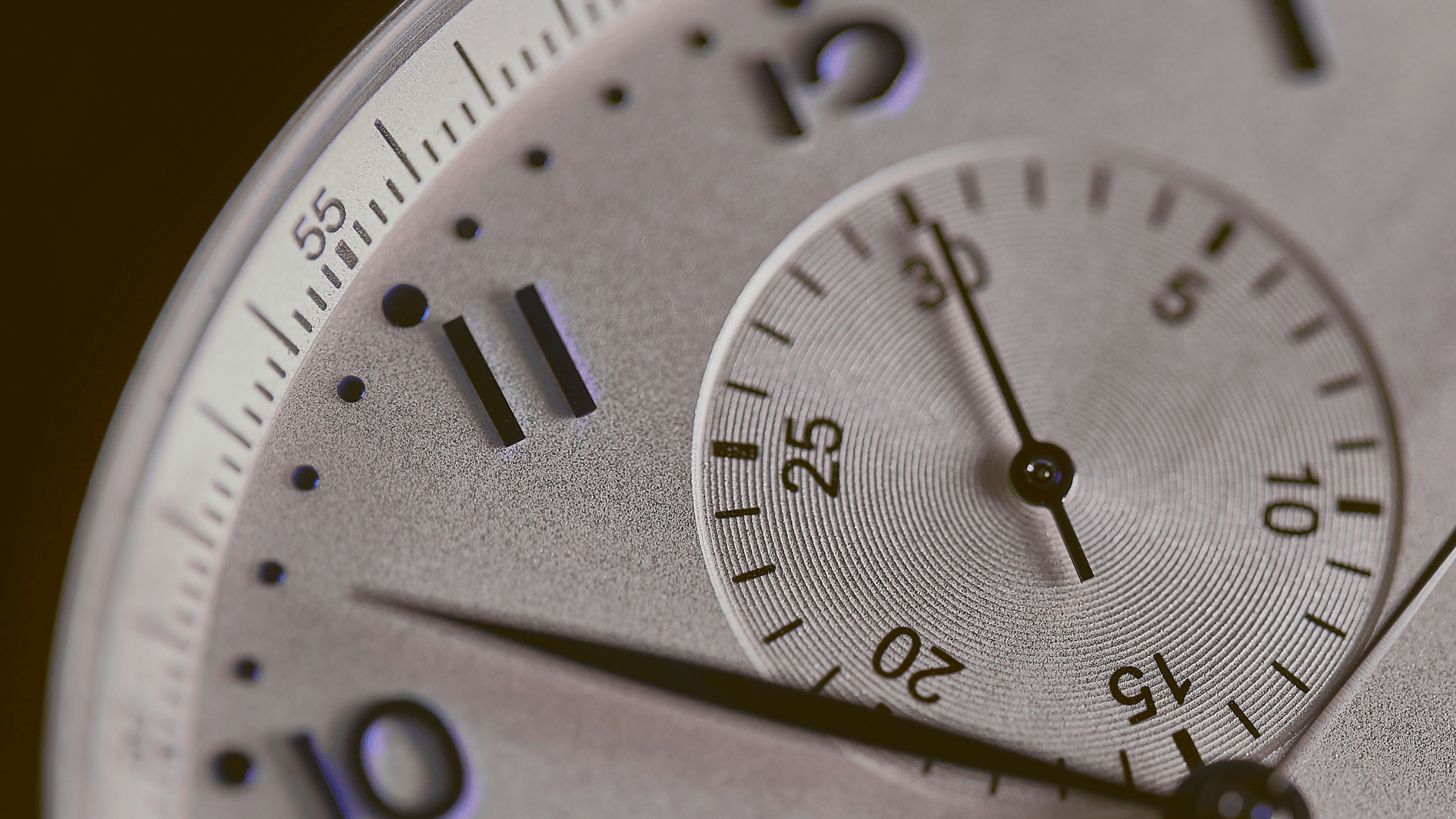Are night owls actually sharper than early risers? A groundbreaking study by Imperial College London suggests that people who thrive in the evening, like Barack Obama and Winston Churchill, may outperform morning people on cognitive tests.
This finding challenges the long-held belief that early risers have the upper hand in mental sharpness.
The Study’s Key Findings

Researchers analyzed data from nearly 27,000 participants in the UK Biobank study. They found that those most active and alert in the evenings scored higher on intelligence, reasoning, reaction time, and memory tests.
The study, published in BMJ Public Health, reveals that night owls might have an edge when it comes to brain function.
The Role of Sleep Duration

Getting the right amount of sleep is crucial for cognitive performance. The study found that people who slept between seven and nine hours each night performed best on cognitive tests.
This emphasizes the importance of sleep duration, regardless of whether someone is a night owl or an early bird.
Understanding Chronotypes

Chronotypes refer to individual sleep patterns categorized as “morningness”, “eveningness”, or “intermediate”. The researchers discovered that night owls and those with intermediate chronotypes exhibited superior cognitive function compared to morning people.
This highlights how our natural sleep tendencies can impact our mental abilities.
Famous Night Owls

Some notable night owls include Barack Obama, Winston Churchill, and Robbie Williams. Obama reportedly went to bed past midnight while in-office, while Churchill hosted War Cabinet meetings from his bath after staying up until 4am.
These examples show that success and sharpness are not exclusive to early risers.
Cognitive Tests and Results

Participants in the study underwent tests measuring intelligence, reasoning, reaction times, and memory.
Night owls consistently outperformed their early-rising counterparts. This suggests that being active and alert in the evening may be linked to enhanced cognitive abilities.
Expert Opinions

Not all experts agree with the study’s conclusions. Professor Roi Cohen Kadosh from the University of Surrey cautioned that the study shows an association, not causation, between sleep patterns and cognition.
He emphasized the need for more research to establish definitive conclusions.
Limitations of the Study

Dr. Jessica Chelekis from Brunel University London pointed out limitations, such as the timing of cognitive tests and the participants’ educational attainment.
These factors could significantly impact the results, highlighting the need for further research to validate the findings.
The Importance of Quality Sleep

While night owls may have a cognitive edge, getting good-quality sleep remains essential for everyone.
Dr. Raha West from Imperial College London stressed the importance of sufficient sleep duration for maintaining brain health and optimal cognitive function.
Reconsidering Cultural Beliefs

This research challenges the cultural belief that early risers are inherently more productive. Dr. Chelekis advised against shaming night owls into fitting the early bird stereotype.
Instead, individuals should work according to their natural peak performance times for better productivity.
Night Owls in History and Today

Historical and contemporary figures like Elvis Presley and Robbie Williams have thrived despite their late-night habits.
This shows that cognitive sharpness and success are achievable regardless of one’s sleep schedule, further debunking the early riser myth.
The Future of Sleep Research

As research continues, understanding the impact of sleep patterns on cognition could lead to new policy interventions.
Professor Daqing Ma emphasized the potential benefits of managing sleep patterns to boost brain function and overall well-being, paving the way for healthier sleep habits in society.








































